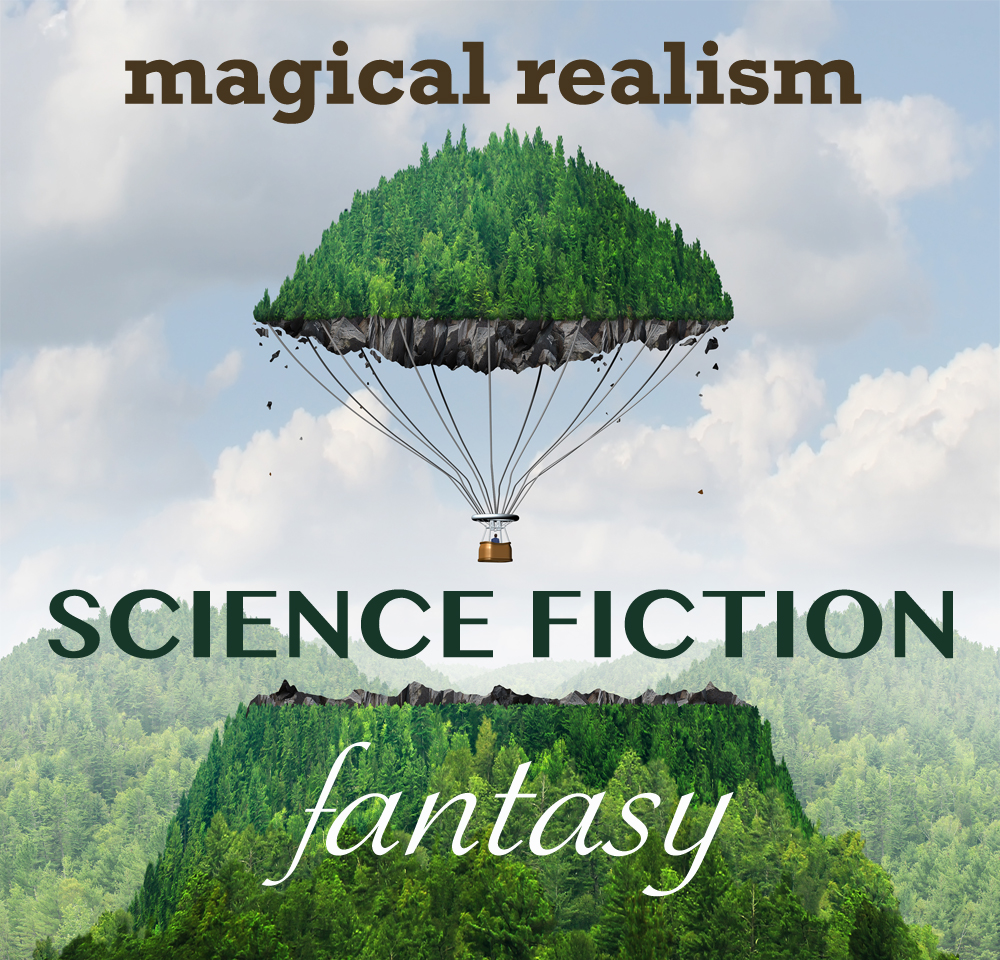As you probably remember (if you're in Mr. Starace's class at least), Ms. Heitz semi-recently gave us this article explaining what magical realism is and how it differs from fantasy. As I read it, I became more and more irritated, finally deciding that I needed to write something demonstrating how it is emblematic of a significant problem in how those who analyze literature view certain genres. Luckily, I have a blog where there is a possibility that someone might actually read my rant on the subject, so here are my thoughts on why magical realism is not a distinct literary genre, but a category of fantasy literature.
Literary critics, wanting to feel more discerning than the average reader, are loath to ascribe literary merit to popular "genre fiction": fantasy, science fiction, mystery, horror, etc. They were thus presented with a conundrum when a new style of writing arose in Latin America. It was full of supernatural elements, and thus fit the standard definition of fantasy, but the critics actually liked it. However, they couldn't possibly admit to liking fantasy, so a new genre was created: "magical realism." In order to justify this distinction, the literary world asserted that while the supernatural elements in fantasy were purely speculative, if those same elements appeared in magical realism they were actually just representations of reality. The article we received in World Literature contains a particularly obvious example of this, when the author states, "If there is a ghost in a story of magical realism, the ghost is not a fantasy element but a manifestation of the reality of people who believe in ghosts and have 'real' experiences of ghosts." In other words, for the purposes of magical realism ghosts are real, but if a ghost appears in a work deemed to be fantasy it is not real. In addition to my annoyance at this double standard, I take issue with the author's apparent belief that reality is defined by people's experiences. Ghosts do not actually exist, and the fact that some people think they do does not make a book about ghosts "realism," just as Lord of the Rings would not suddenly become realistic if I had a hallucination of a hobbit and decided that such creatures actually exist.
I will conclude with an example: magic (which I feel compelled to remind the reader is not, in fact, real) is much more present in The House of the Spirits than in A Song of Ice and Fire, yet the former is considered "realism" while the latter is relegated to the dustbin of "speculative fantasy." Both are basically about life in a certain historical period and place (20th century Chile and medieval Britain, respectively) and both include supernatural characters and events. Thus, I ask you: What precisely makes them so different as to belong to entirely separate literary genres?

Comments
Post a Comment